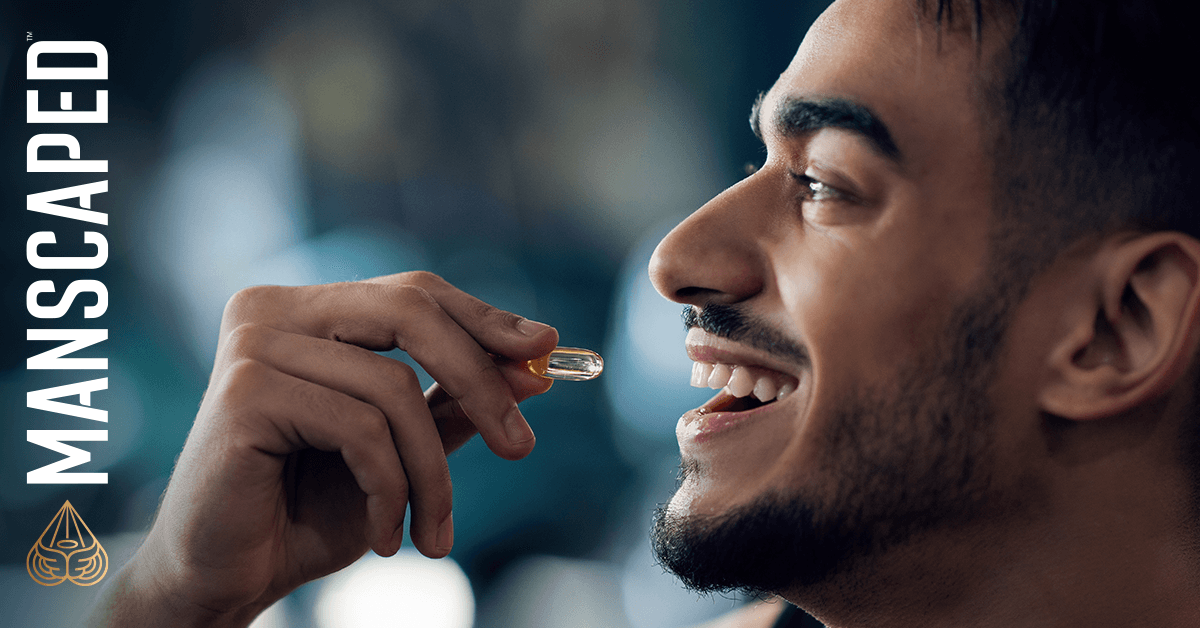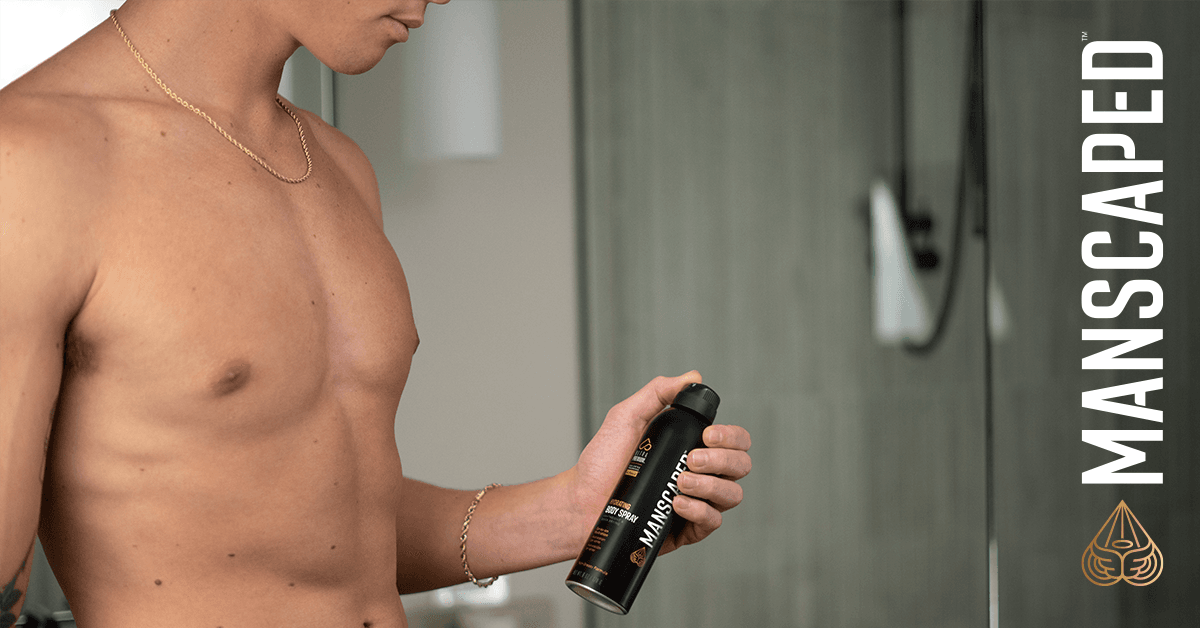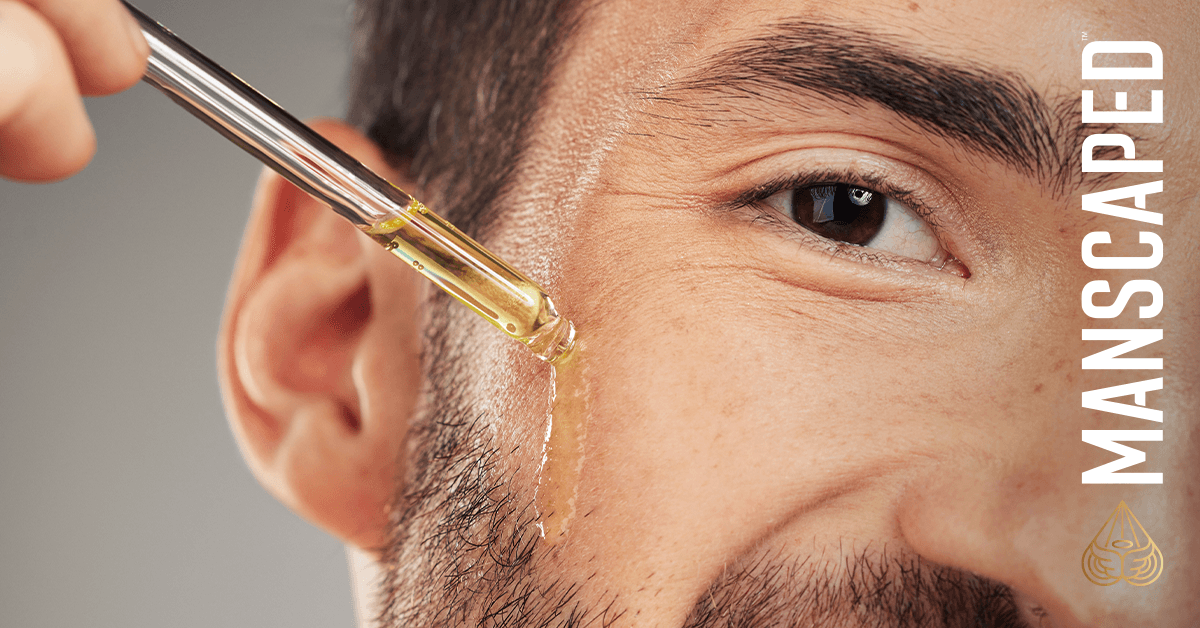
When was the last time you checked your vitamin levels?
It’s easy to overlook—especially since the process generally involves blood work. Still, it’s important to know what’s going on in your own body, and if you learn about Vitamin E, you can help yourself maintain healthy levels of it and enjoy the benefits that come with it.
What is Vitamin E, really?
Vitamin E is actually eight different things. They are known as fat-soluble compounds, and they come in different sizes and shapes and do different things.
The overview here is that Vitamin E is versatile, and regulating healthy levels of it in your body is important for a long, happy life. More specifically, Vitamin E provides acute benefits to your body, and we’re going to cover them in detail.
How does Vitamin E benefit men?
That’s cool and all, but why should we really care? What is the vitamin really doing for you?
It turns out that Vitamin E provides a ton of health benefits. Too much of it can cause problems that we’ll discuss later, but a healthy level of Vitamin E in your body is great for all kinds of things. In fact, we’ve made you a detailed list.
Vision
Vitamin E consumption will not give you super-vision. It won’t even restore vision loss. It’s not a magical cure for your eyes.
Instead, healthy levels of Vitamin E help mitigate vision loss. If you take in the right amount throughout your life, your eyes won’t get as bleary and unfocused as you get older. In short, Vitamin E is good for your eyes, but not to the point of feeling magical.

Antioxidants
On the other hand, the antioxidant properties of Vitamin E might be magical.
This is important, so we're going to lay it all out for you.
Oxidation is what happens when electrons are stripped from an atom. What does this have to do with your health?
Well, oxidation happens a lot inside of your body. Like, a ridiculous amount. In fact, your body does it on purpose. Every single living cell inside of you deliberately oxidizes things in order to function. In fact, it’s a key element of respiration, and it’s why we breathe oxygen. All of that said, it’s possible for the wrong things to get oxidized inside of your body. When that happens, it can damage your cells, and this can lead to a number of different non-communicable diseases, including various forms of cancer. In fact, this whole thing is pretty much how cancer works. The wrong bit of DNA gets oxidized in an unfortunate way, and cancer is the end result.
Back to antioxidants. These are chemicals that can jump in the way of oxidation and protect your cells. Maintaining healthy levels of antioxidants can lower your risks of cancer (and any other disease that can be triggered by oxidation). Antioxidants also reduce inflammation in general.
Now, too much of any antioxidant can come with health problems. You really want to find a healthy balance, but Vitamin E is one of the main antioxidants in your body, and as long as you don’t overdo it, Vitamin E is really good for you.
Reproduction
On a completely different note and for completely different reasons, Vitamin E is good for fertility. It helps your sperm grow stronger and healthier, making them better able to get to that egg and make a baby.
If you’re not into having kids right now, that’s fine, but please don’t think that starving yourself of Vitamin E is a viable mode of birth control. It won’t really work. On top of that, lowering your Vitamin E levels can be dangerous.
Blood
Vitamin E can also help dilate your blood vessels—in a healthy way. With opened-up blood vessels, you’ll have more energy and feel healthier in general. On top of that, Vitamin E helps prevent unnecessary clotting and boosts your immune system.
That thing about clotting is more important than you might think. Heart attacks, strokes, deep vein thrombosis, pulmonary embolisms, and a number of other very dangerous health conditions are all related to blood clotting. Healthy levels of Vitamin E reduce your risk of all of these.
Yet, anything that can prevent blood clotting can turn dangerous when you have too much of a good thing. Excessive levels of Vitamin E in your blood can put you at risk of internal bleeding or slow clotting whenever you get a cut.
Balance is key here.
Not to worry, we’re going to explain how to maintain Vitamin E levels the safe way.
Brain
What about your brain?
Aside from reducing the risk of stroke and other blood clotting problems, Vitamin E is good for cognitive function.
Good Vitamin E levels can reduce the risk of Alzheimer’s. It can also slow the progression of Alzheimer’s after diagnosis. Both of these things have been shown in clinical trials, making Vitamin E look pretty amazing on this front.
Skin

Lastly, Vitamin E is largely stored in your skin. Smaller amounts will be found throughout your body, but the skin is the big storage locker for this particular Vitamin.
Because of that, healthy Vitamin E consumption loads your skin up with antioxidants. This reduces inflammation, and by proxy, can reduce the number of breakouts you get, lessen reddening, and basically help keep your skin as healthy as possible.
How do you get healthy levels of Vitamin E?
Vitamin E sounds pretty promising, so how do you know if you’re getting enough?
It’s something that is routinely checked at annual physicals. So, the next time you get a physical, pay attention to the Vitamin E levels. You’ll see if you have enough (and your doctor will check this for you, too).
If you think you need a little more Vitamin E in your life, there are a few simple tricks that go a long way.
Eat well
Most people get all of the Vitamin E they ever need from a healthy diet. You can find plenty of the stuff in canola oil, olive oil, margarine, meats, dairy, leafy greens, and nuts. In particular, almonds are a great source of Vitamin E, so go nuts.
As long as you maintain a healthy diet with any of these foods, you should have enough Vitamin E. After all, Vitamin E deficiency is pretty uncommon (although not at all impossible).
Get some sun

This is going to be a little weird, but you’ll learn something interesting.
First, let’s avoid confusion. When you get exposed to sunlight, your body naturally produces Vitamin D. Notice the letter of that Vitamin. It’s not E.
Since Vitamin E is a powerful antioxidant that lives mostly in your skin, sunlight can actually be a problem for it. When you’re exposed to UV sunlight, that UV tries to oxidize things in your skin. Vitamin E does its thing and tries to jump in the way (Please note that this does not make Vitamin E an effective sunblock. That’s just not how this works).
This means that exposure to sunlight causes you to deplete your Vitamin E stores pretty quickly.
Why, then, did we say that sunlight is good for maintaining healthy levels of Vitamin E?
It comes down to how your body reacts to sunlight. With sun exposure, your skin is going to produce melanin, which actually darkens the skin. Melanin is amazing at absorbing UV light. So, when you have more melanin in your skin it absorbs more of that UV — protecting your skin from damaging sun rays.
What this means is that building up a little melanin helps reduce how much the sun can deplete your Vitamin E. Since getting outside in the sun is good for you, it’s important to understand this relationship.
We also want to acknowledge that all bodies are different. Not everyone produces melanin at the same rate. If you’re someone who is naturally disposed to low melanin levels, this technique won’t really benefit you.
Conversely, as your skin gets darker, you get diminishing returns on this idea. So don’t think that sunbathing is a cure for low Vitamin E levels. It’s quite the opposite.
The real point here is that it’s important to get some sunlight, and that light can benefit you in subtle ways that are easy to overlook.
Take supplements
Really, eating a good diet is enough. It will take care of your Vitamin E levels. You don't even need the melanin trick above.
But, some people are diagnosed with low Vitamin E levels. When that happens, the best way to overcome the deficiency is with supplements.
Let’s pause for a disclaimer. NEVER take Vitamin E supplements without first consulting your doctor. These supplements are potent, and as I mentioned before, too much Vitamin E is bad. It can increase your risk of cancer, alongside many other health problems. So, ensure that a doctor is involved.
When a doctor prescribes Vitamin E supplements, they tend to be potent. You can recover from such a deficiency pretty quickly, in most cases.
10.31.22
Share

Featured Articles
- Your Favorite Ball Deodorant. Now with a New Scent: Perservere.MANSCAPED® + TCS for Testicular Cancer Awareness MonthIntroducing The Lawn Mower® 5.0 Ultra TCS Special Edition and TCS Ball Hero BundleThe Dome Shaver™ Pro vs. The Dome Shaver™ Plus: Which Should You Choose?The Chairman™ Pro vs. The Chairman™ Plus: Which Should You Choose?



